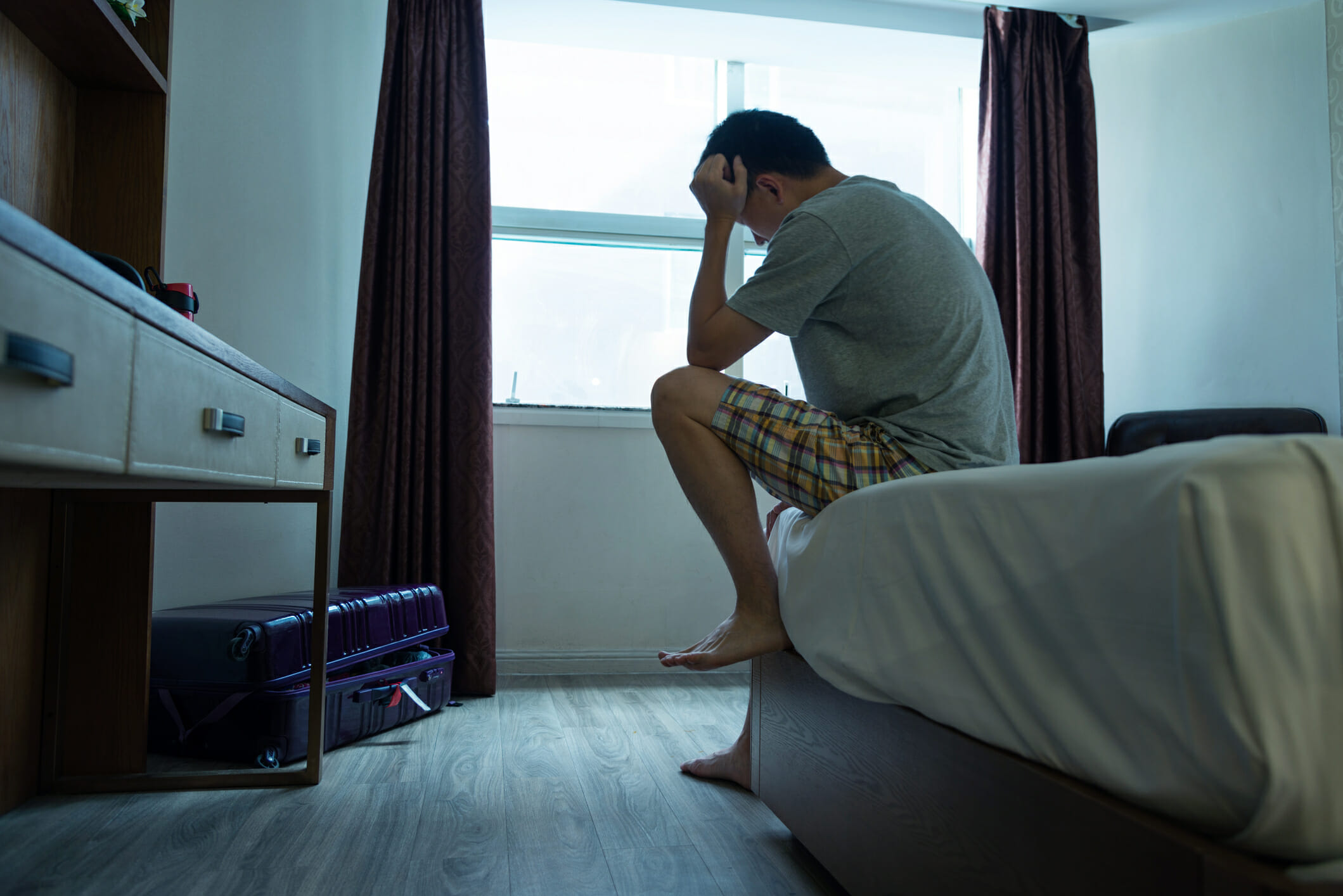Effective Ways to Cope with Insomnia When Recovering from Substance Abuse

Published: September 16, 2020
Recovering individuals may encounter insomnia when recovering from substance abuse. This is a common withdrawal symptom that shouldn’t be treated using drugs. Luckily, there are numerous effective ways to deal with this condition without taking any sleep-aid medication.
Tips for Dealing with Insomnia During Substance Abuse Recovery
If the person in substance abuse recovery struggles to cope with insomnia, he/she should follow the below tips to overcome the condition and improve his/her sleep:
Avoiding Caffeine
The recovering person should at least drink a warm cup of tranquilizing, caffeine-free tea before sleep. He/she should also maintain a healthy balanced diet reach in supplements such as melatonin that can help him/her fall asleep faster.
Creating Sleep Rituals
An effective drug or alcohol abuse recovery includes replacing bad habits with lively ones. When it comes to improving sleep, the recovering individual should replace the activities that could keep him/her awake by peaceful activities like meditating, reading, and listen to soft and calm music or sounds. This will help the person to at least get into a relaxing state or fall asleep at a regular time, which will develop habitual sleep patterns. As he/she continues to get typical sleep, his/her sleep quality will improve.
Establishing an Exercise Routine
A regular physical training program can help a recovering substance abuser sleep more easily, quite restfully, and wake up effectively. Regular exercise can also help the individual recover better as it strengthens the immune system, increase heart health, and mitigate stress and anxiety. When the recovering addict is physically active, he/she will be exhausting the body for a better night’s rest.
Adding Meditation and Yoga into a Daily Routine
Meditation and yoga are quite effective practices when it comes to relieving stress, anxiety, and tension that a recovering addict may find him/herself enduring throughout the day. Stressful and anxiety-driven thoughts whirling around the recovering person’s head can make it difficult to fall asleep at night. Managing these negative emotions with regular meditation and yoga helps him/her fall asleep quickly and get sufficient sleep.
Keeping Naps Short
If the recovering person decides to nap during the day, limiting the nap to at least 30 minutes is recommendable. Research shows that keeping naps time narrowed to 15 to 20 minutes allows a person to feel refreshed upon awakening. Long naps during the day can disrupt the cardiac rhythm (body’s internal clock), making it harder to fall asleep at a scheduled bedtime.
Avoiding the Clock
The individual in recovery should avoid staring at the clock while they’re trying to fall asleep. Watching the clock can be incredibly counterproductive. It increases stress and anxiety levels, making it a challenge to fall asleep. It’s a good idea to keep the bedroom clock turned away from the recovering person’s bed to help reduce the temptation checking what time it is.
Bottom Line
Many people in substance abuse recovery suffer from insomnia, which is a usual withdrawal symptom. Fortunately, insomnia is a vanquishable condition. If a person is afraid of walking alone towards recovery, rehab centers are always ready to offer professional support.
